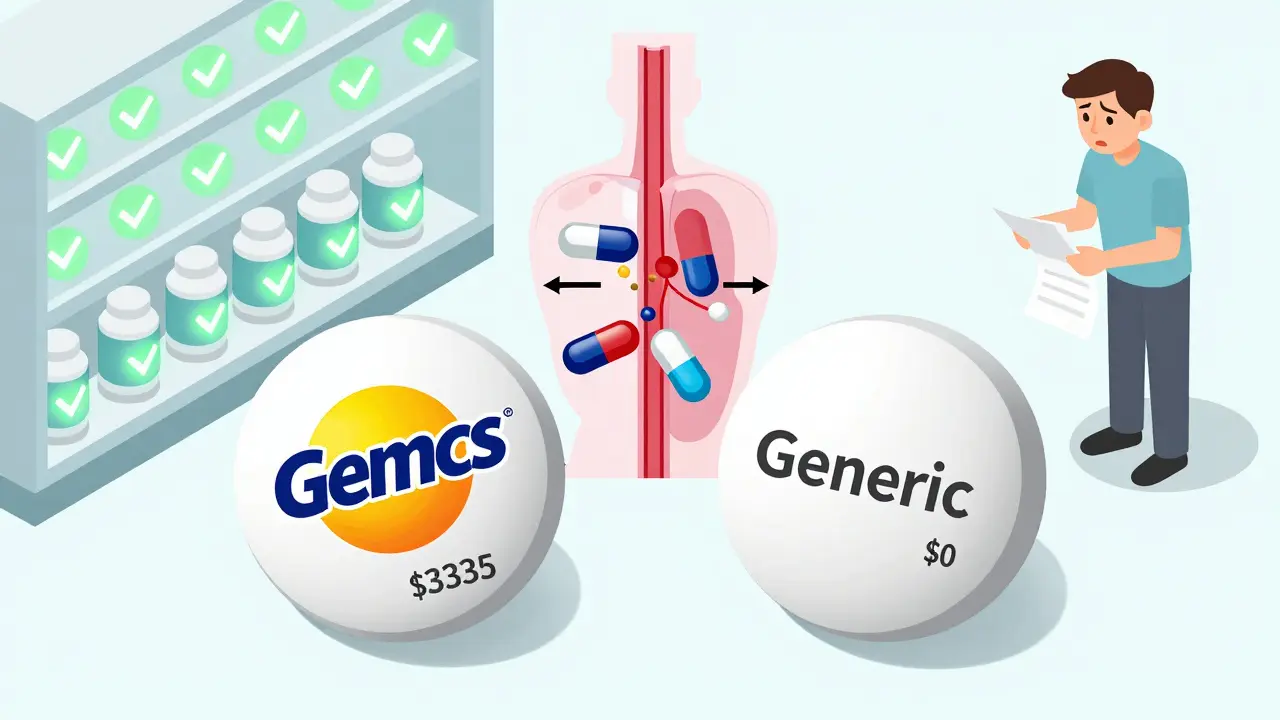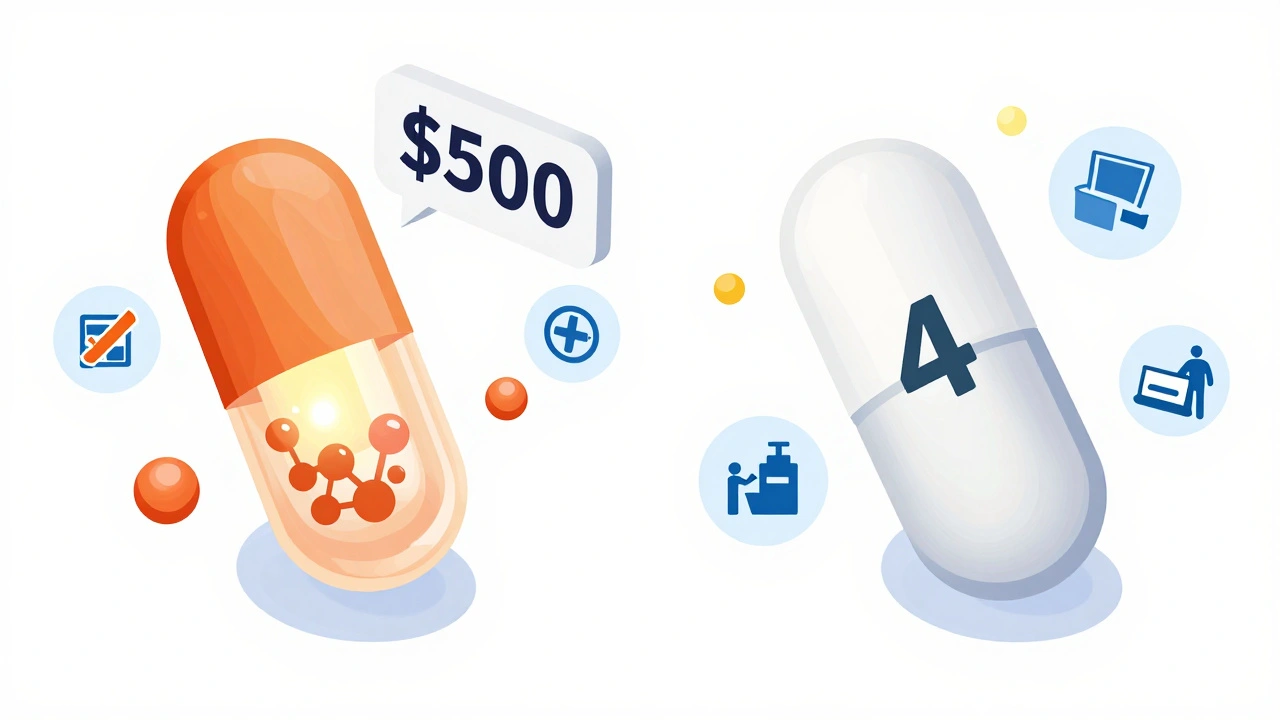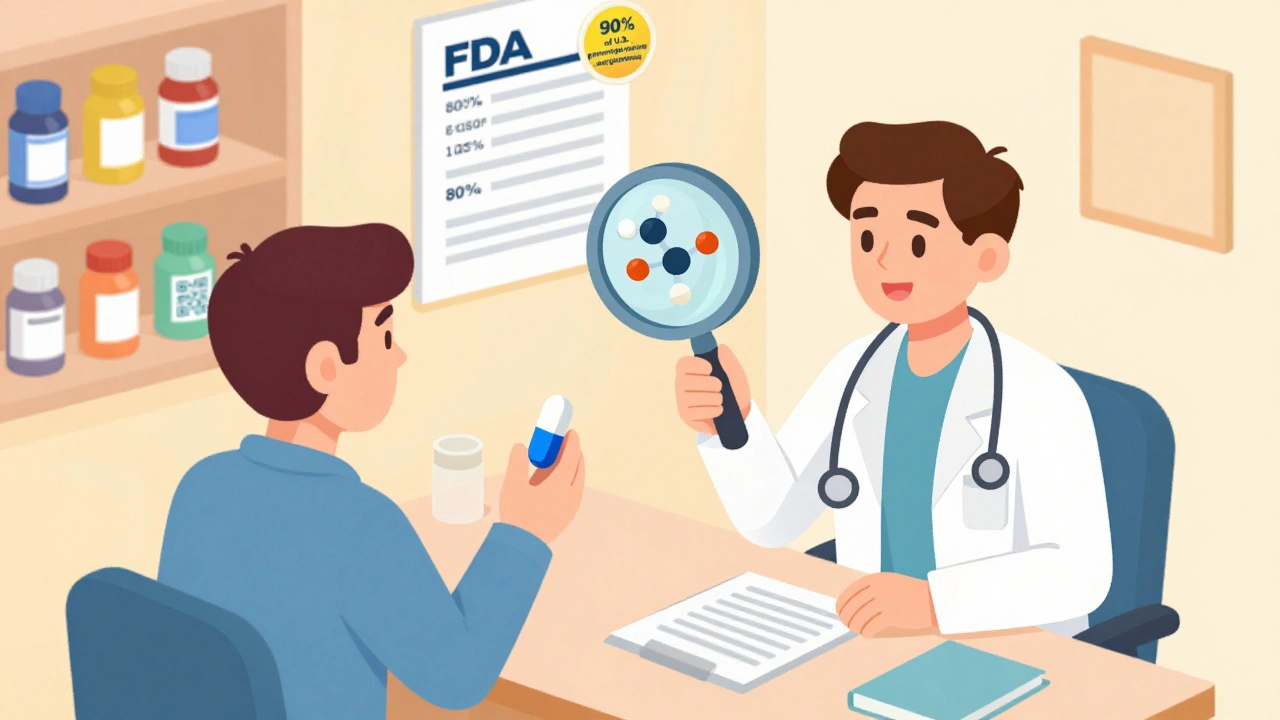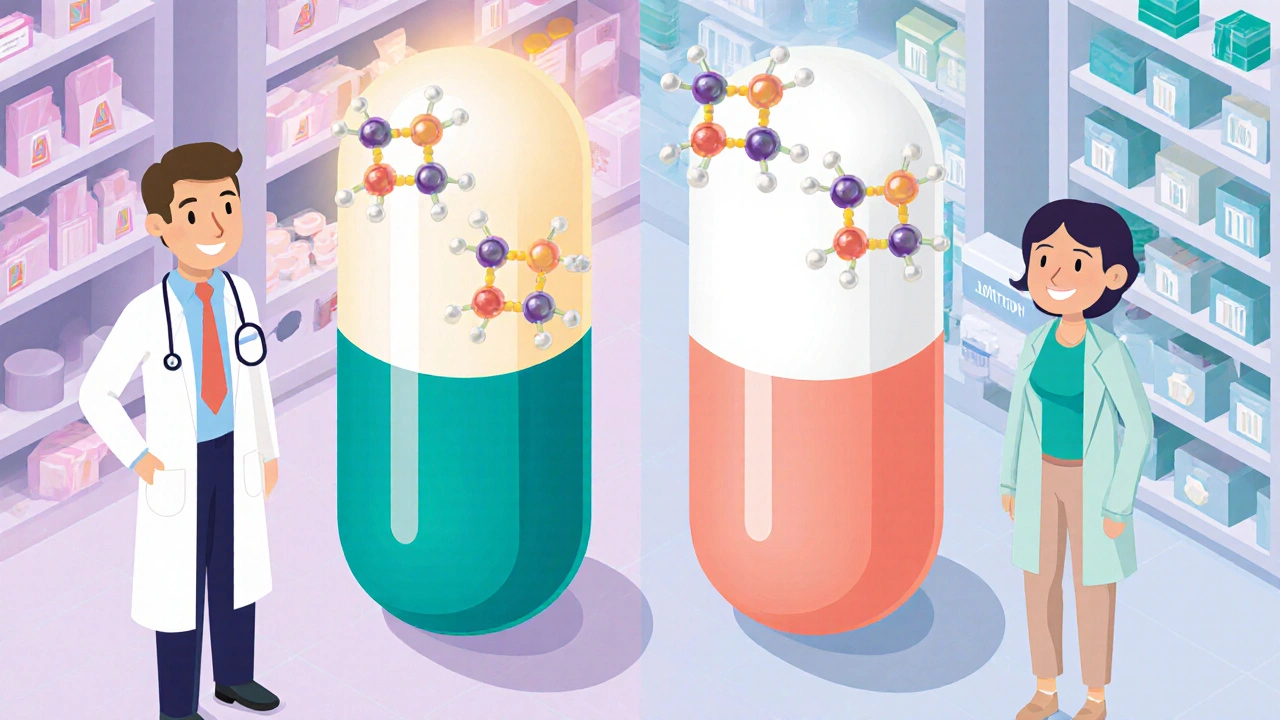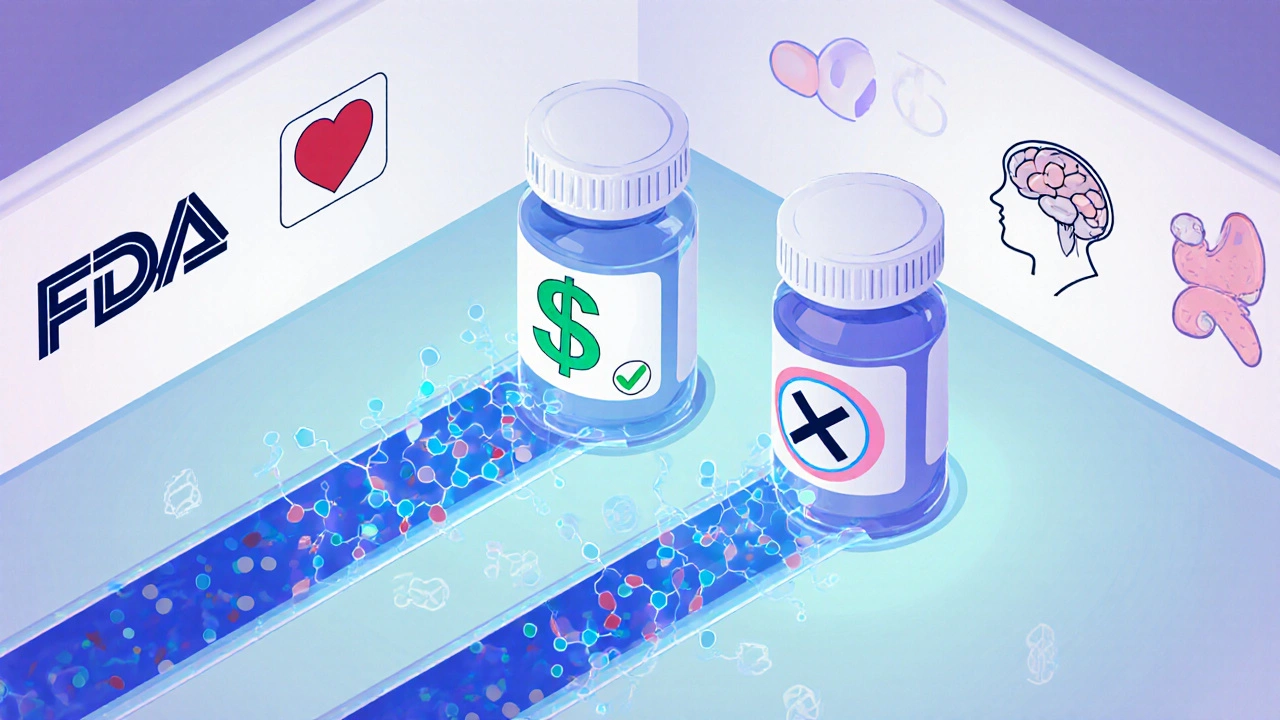Generic drugs: what they are and why they matter
Generic drugs account for most prescriptions because they cost less and work the same as brand-name meds. Want to save money without risking your health? Understanding a few simple facts about generics gets you there.
First, generic drugs contain the same active ingredient as the brand-name version. Regulators like the FDA, EMA, or TGA require generics to match the original drug’s dose, strength, and quality. That means, for most people, a generic will do the same job at a fraction of the price.
How to tell if a generic is right for you
Some medicines aren’t ideal to switch without medical advice. Drugs with a narrow therapeutic window (small changes in dose cause big effects) or certain psychiatric or seizure medications can need careful monitoring. Ask your doctor or pharmacist if it’s safe to swap.
Check the active ingredient, not the brand name. For example, if you take the brand-name drug, look for the same chemical name on the generic label. If the name matches, the effect should too.
Watch for medical guidance around substitutions. Your prescriber can write 'do not substitute' if they want you to stay on a specific brand. If they don’t, pharmacists usually can offer the generic for cost savings.
Safe places to buy generics and shopping tips
Buying online can save money, but be picky. Only use licensed pharmacies with clear contact info, real pharmacist access, and valid accreditation. Look for seals from regulatory bodies or pharmacy associations and read independent reviews.
Avoid sites that sell prescription drugs without asking for a prescription. That’s a red flag. Legit pharmacies will ask for a prescription and may require ID for certain meds.
Price alone isn’t proof of a bargain. If a pill costs a fraction of the usual price, it could be counterfeit. Compare prices across a few reputable sites or call a local pharmacy to check going rates.
Check shipping rules and customs for your country. Some online purchases can be delayed or blocked. Make sure the seller provides tracking and secure packaging, and confirm expected delivery times before you buy.
Keep brand and generic packaging if you switch. If you notice a new side effect, you can show the pharmacist exactly what you took. Always check expiry dates and storage instructions, especially for temperature-sensitive meds.
Want extra savings? Ask about coupons, manufacturer assistance, or local discount programs. Insurance plans often cover generics at lower copays, so call your insurer to confirm coverage before buying.
Final tip: stay curious and ask questions. A quick chat with your pharmacist or doctor can clear doubts and save money. Generic drugs are a smart option when chosen carefully and bought from trustworthy sources.
Generic drugs save billions annually and are just as effective as brand-name versions. Learn how bioequivalence works, when substitutions are safe, and why cost shouldn't mean compromise.
View More
Generic drugs cost 80-85% less than brand-name drugs because they don't need to repeat expensive clinical trials. They contain the same active ingredients, meet the same safety standards, and are just as effective. Here's how the system saves you money without cutting corners.
View More
Learn how to confidently talk to your doctor about generic medications, why they’re just as safe and effective as brand-name drugs, and how to overcome common myths that keep people from using them.
View More
Generic drugs save billions but still face distrust. Learn how transparency, education, and new technologies are changing perceptions - not by lowering prices, but by building trust in quality and reliability.
View More
Generic drugs save billions and work just as well as brand names for most people. But for a few high-risk medications, switching can carry risks. Learn the truth about safety, efficacy, and when to stay cautious.
View More
Find out how generic drugs drive down medication costs for chronic health conditions by meeting strict bioequivalence and approval standards. This article explores how the approval process works, real-world savings examples, and tips for making the most out of generics. Dive into the numbers and see how patients and the healthcare system both benefit from these affordable options.
View More

